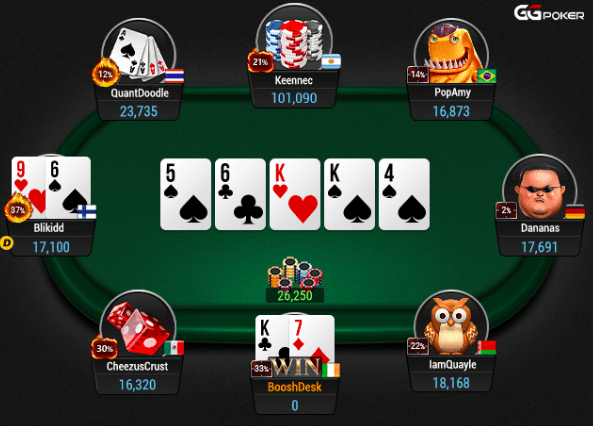Texas Hold'em is arguably the most popular variation of poker played around the globe. Designed for two to ten players, it offers a perfect combination of strategy, psychology, and randomness, making it enticing for beginners and professional players alike. This guide will cover the basic rules, hand rankings, and straightforward strategies to get you started.
Understanding the Basic Rules
The game begins with two players posting ‘blinds' — forced bets to start the action. Each player is then dealt two private cards (‘hole cards'). Betting rounds ensue, in which players can bet, call, raise, or fold. The dealer then reveals the ‘flop' (three community cards), followed by two more community cards (the ‘turn' and ‘river'), each separated by additional betting rounds. The objective is to make the best five-card hand using any combination of the five community cards and the player's two hole cards.
Hand Rankings
Success in Texas Hold'em heavily depends on knowing the hand rankings. From highest to lowest, the ranks are: Royal Flush, Straight Flush, Four of a Kind, Full House, Flush, Straight, Three of a Kind, Two Pair, One Pair, and High Card. Familiarity with these rankings is crucial as they determine the winner at the show-down phase.
Basic Betting Strategies
Mastering betting strategies is essential for Texas Hold'em. Beginners should start by understanding the importance of position, starting hand selection, and the art of reading opponents. Key strategies include playing conservatively when unsure and betting aggressively when having a strong hand. This balances maintaining your chip stack with capitalizing on winning hands.
Reading Your Opponents
Observing your opponents' behavior can provide insights into their potential hand strength. Look for patterns in their betting behavior and physically manifested ‘tells' such as facial expressions or body language. Combining psychological skills with strategic play forms the essence of poker.
Practical Tips for Beginners
To thrive in Texas Hold'em, begin by playing at low-stakes tables to minimize losses as you learn. Always be mindful of your bankroll, avoid 'tilting' (making poor decisions based on emotional responses), and continually seek to learn and adapt your strategy based on your experiences at the table.
Conclusion
Texas Hold'em offers a rich mix of luck, strategy, and psychology, all of which make it a thrilling and rewarding poker variant. As a beginner, focusing on understanding the basic rules, hand rankings, and elementary strategies will dramatically enhance your gameplay and enjoyment of the game.




